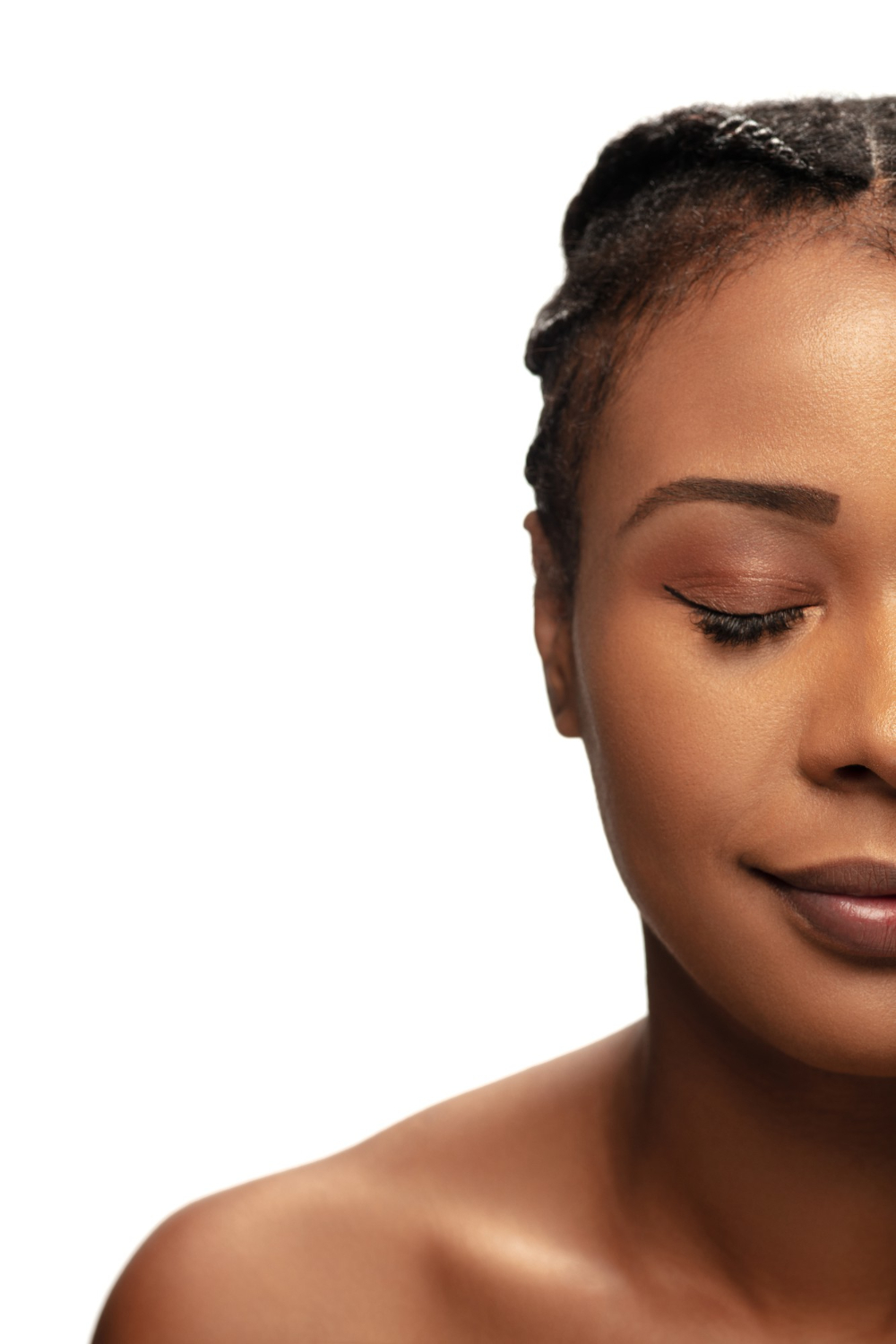The concept of “the blackest person ever” goes beyond mere appearance. It connects deeply with science, genetics, culture, and human history. Skin color, determined by melanin levels, showcases the rich diversity of humanity. This article dives into what makes someone have the darkest skin tone and why it matters from both a scientific and cultural standpoint.
Understanding Skin Pigmentation
Human skin color varies due to melanin, a pigment produced by cells called melanocytes. The two main types of melanin are:
- Eumelanin: Responsible for dark brown or black hues.
- Pheomelanin: Creates red and yellow tones.
Individuals with darker skin have more eumelanin, which offers better protection against harmful UV radiation.
The Science Behind Dark Skin Tones
Dark skin evolved primarily as a defense mechanism. Populations living closer to the equator developed higher melanin levels. This adaptation helped protect them from sun damage while preserving vital nutrients like folate.
Genetics also plays a major role. Certain gene variants, such as MC1R and SLC24A5, influence how much melanin the body produces. Studies suggest that the highest concentration of melanin exists in people from regions like South Sudan, Ethiopia, and Nigeria.
Notable Individuals with Extremely Dark Skin
Over time, several individuals have gained attention for their exceptionally dark skin tone. Their features are often celebrated for their striking beauty and uniqueness.
- Nyakim Gatwech – Known as the “Queen of Darkness,” this South Sudanese-American model has embraced her skin tone. She uses her platform to promote diversity and challenge beauty standards.
- Khoudia Diop – A Senegalese model who proudly showcases her rich melanin, Khoudia has become an inspiration for embracing natural beauty.
- Duckie Thot – An Australian-Sudanese model recognized for her deep complexion and international modeling success.
These individuals symbolize the celebration of natural beauty and self-acceptance.
The Cultural Significance of Dark Skin
In many African cultures, darker skin is considered a symbol of beauty, strength, and heritage. Tribes often celebrate their rich melanin through traditional practices, art, and storytelling.
However, darker-skinned individuals have also faced challenges globally. Colorism—prejudice against those with darker skin tones—remains an issue in various societies. Despite this, the global movement toward diversity and inclusion continues to gain momentum, encouraging acceptance of all skin tones.
Why Embracing Melanin Matters
Celebrating dark skin means recognizing human diversity in its purest form. Representation in media, fashion, and beauty industries plays a crucial role in challenging stereotypes and promoting inclusivity.
Individuals with high melanin levels often experience unique advantages, including:
- Natural protection against sunburn.
- Slower signs of aging due to stronger skin structure.
- A rich cultural heritage tied to ancient civilizations.
Breaking Beauty Stereotypes
The global beauty industry has seen a shift toward embracing diversity. Brands are now offering a wider range of products catering to different skin tones. Influencers and public figures are using their platforms to encourage self-love and challenge conventional beauty standards.
People who represent the richest melanin shades are increasingly becoming icons of beauty and pride.
You may also read: Financeville CraigScottCapital
Conclusion
The phrase “the blackest person ever” should not be viewed merely as a physical trait but as a symbol of diversity, heritage, and natural beauty. Embracing dark skin is about celebrating the unique tapestry of human genetics and culture. As society evolves, inclusivity and representation continue to shape a more accepting world.






